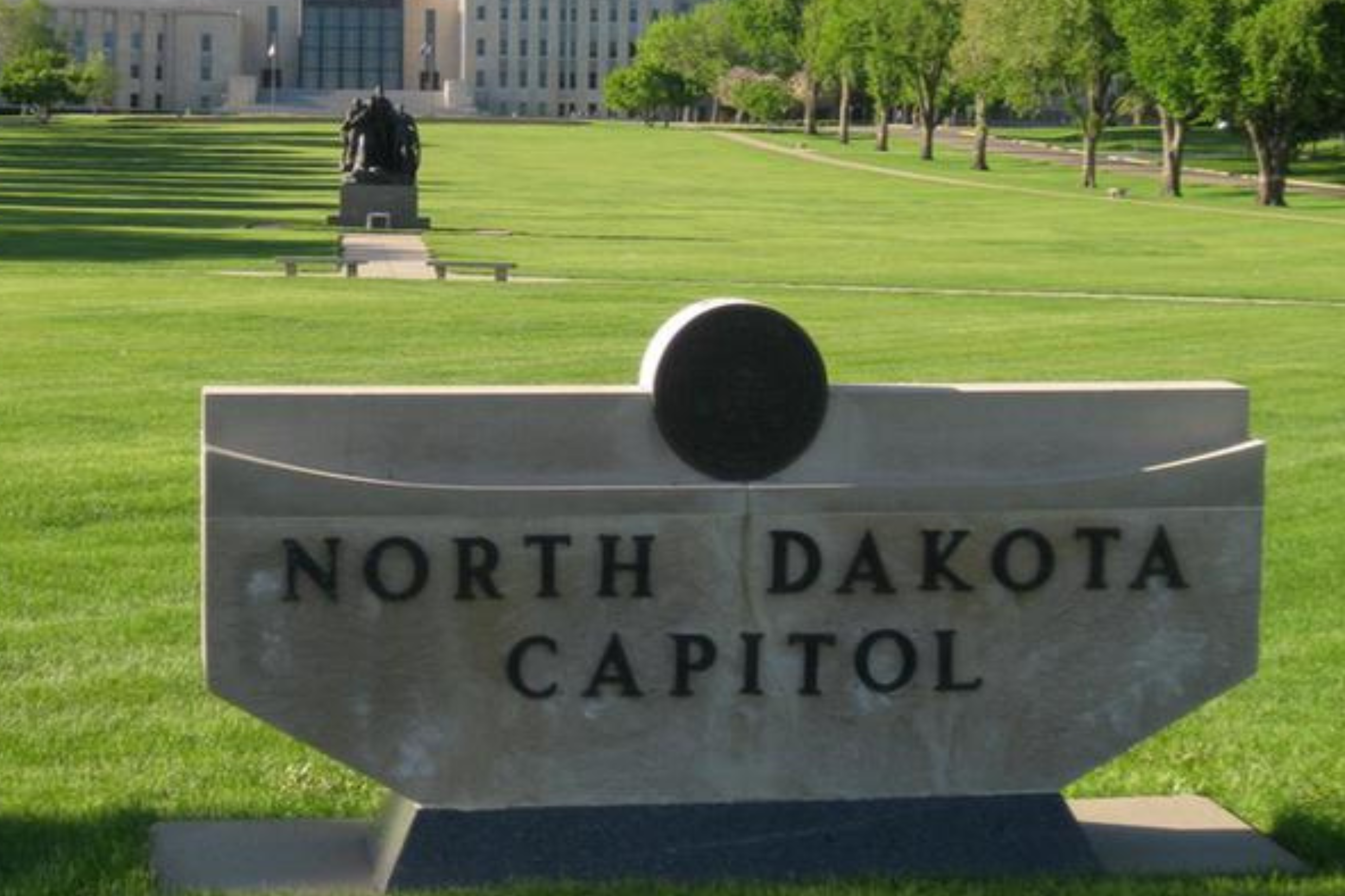
- Details
- By Native News Online Staff
North Dakota House Bill 1536 passed the state legislature yesterday, April 25. The bill codifies ICWA into state law, meaning if the Supreme Court were to make changes to the federal law, it would not apply to North Dakota law unless the North Dakota Legislature chose to amend the law adopted in HB 1536 in a future legislative session.
Congress passed ICWA in 1978 after a national effort to address the widespread practice of removing American Indian children—members of federally recognized tribes—from their homes and placing them with non-Native, white families.
The law requires caseworkers in each state foster care system to make “active efforts” to keep Native children with their biological family or within their respective tribe—if they are enrolled or acknowledged by a tribe. If a child in question cannot be placed within the family, caseworkers must give preference to placing recognized Native children in other homes identified as Native American or American Indian.
HB 1536 was originally introduced in the state legislature in January by Representative Jayme Davis( D-Rolette), an enrolled member of the Turtle Mountain Band of Chippewa.
“ICWA, as it is written today, honors tribal sovereignty, but most importantly, Indigenous children, our lineage, and our culture,” David said in a statement. “A repeal or significant changes to ICWA by the U.S. Supreme Court could have significant negative impacts on American Indian and Alaskan Native children’s ability to be placed with family members or their tribe determining a placement in the best interest of them as Native children.”
More Stories Like This
Chickasaw Lighthorse Police Officer named Indian Country Law Enforcement Officer of the YearIndian Gaming Association Rallies Broad Coalition Against Sports Event Contracts It Calls Illegal Threat to Tribal Sovereignty
Navajo Resources and Development Committee Issues Notice on Livestock Inspection Requirements
American Prairie, Tribal Coalition Files Protest Over Rescinded Grazing Rights
Northern Cheyenne Push Back Against Trump Administration’s Effort to Alter Little Bighorn History
Help us defend tribal sovereignty.
At Native News Online, our mission is rooted in telling the stories that strengthen sovereignty and uplift Indigenous voices — not just at year’s end, but every single day.
Because of your generosity last year, we were able to keep our reporters on the ground in tribal communities, at national gatherings and in the halls of Congress — covering the issues that matter most to Indian Country: sovereignty, culture, education, health and economic opportunity.
That support sustained us through a tough year in 2025. Now, as we look to the year ahead, we need your help right now to ensure warrior journalism remains strong — reporting that defends tribal sovereignty, amplifies Native truth, and holds power accountable.
 The stakes couldn't be higher. Your support keeps Native voices heard, Native stories told and Native sovereignty defended.
The stakes couldn't be higher. Your support keeps Native voices heard, Native stories told and Native sovereignty defended.
Stand with Warrior Journalism today.
Levi Rickert (Potawatomi), Editor & Publisher

